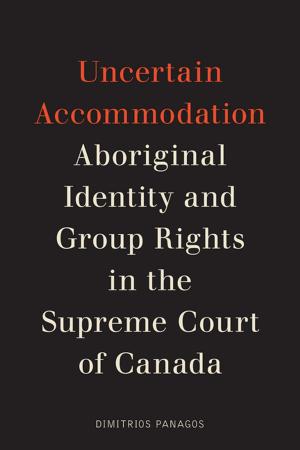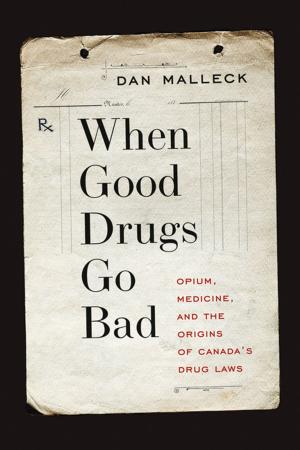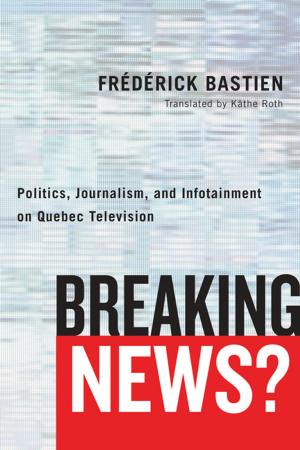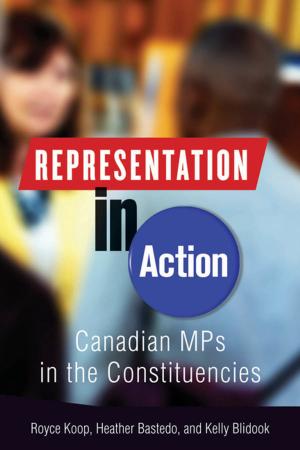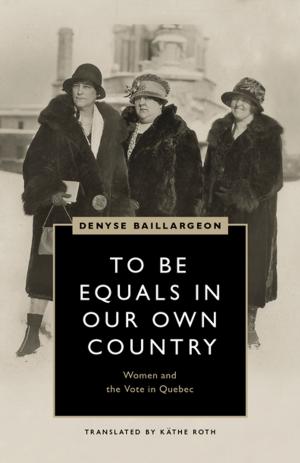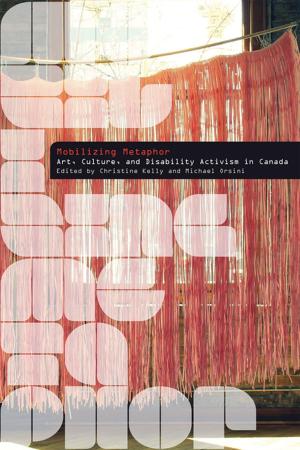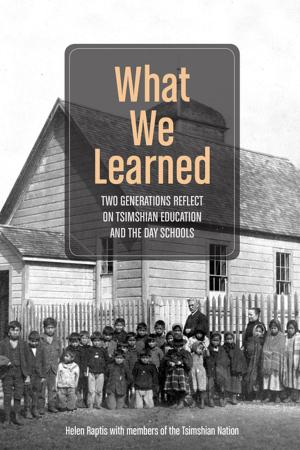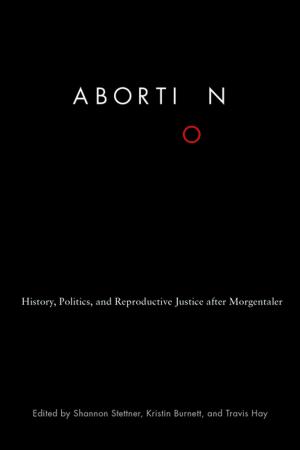Reconsidering Radical Feminism
Affect and the Politics of Heterosexuality
Nonfiction, Social & Cultural Studies, Social Science, Gender Studies, Feminism & Feminist Theory, History| Author: | Jessica Joy Cameron | ISBN: | 9780774837316 |
| Publisher: | UBC Press | Publication: | April 1, 2018 |
| Imprint: | UBC Press | Language: | English |
| Author: | Jessica Joy Cameron |
| ISBN: | 9780774837316 |
| Publisher: | UBC Press |
| Publication: | April 1, 2018 |
| Imprint: | UBC Press |
| Language: | English |
What’s the right way to be a feminist? The political discourse of sexuality in the 1980s and ’90s was framed by the divergent, passionately held positions of radical feminism and sex-positive feminism.
Reconsidering Radical Feminism is a precise summary of late-twentieth-century feminist debates about the politics of heterosexuality. But it is more than that. Transcending a right/wrong approach, Jessica Joy Cameron examines how we become invested in arguments that position us as particular kinds of feminists – and as gendered subjects. She maintains the poststructural position that heterosexual practices have no inherent or fixed universal meaning, while validating the claim that they are often deployed as gendered strategies of stratification.
Cameron uses queer theory and affect theory to investigate the legacy of the feminist sex wars. In doing so, she reveals the timeliness of her subject in an era of debates about sexual assault, consent, and safe spaces.
What’s the right way to be a feminist? The political discourse of sexuality in the 1980s and ’90s was framed by the divergent, passionately held positions of radical feminism and sex-positive feminism.
Reconsidering Radical Feminism is a precise summary of late-twentieth-century feminist debates about the politics of heterosexuality. But it is more than that. Transcending a right/wrong approach, Jessica Joy Cameron examines how we become invested in arguments that position us as particular kinds of feminists – and as gendered subjects. She maintains the poststructural position that heterosexual practices have no inherent or fixed universal meaning, while validating the claim that they are often deployed as gendered strategies of stratification.
Cameron uses queer theory and affect theory to investigate the legacy of the feminist sex wars. In doing so, she reveals the timeliness of her subject in an era of debates about sexual assault, consent, and safe spaces.




